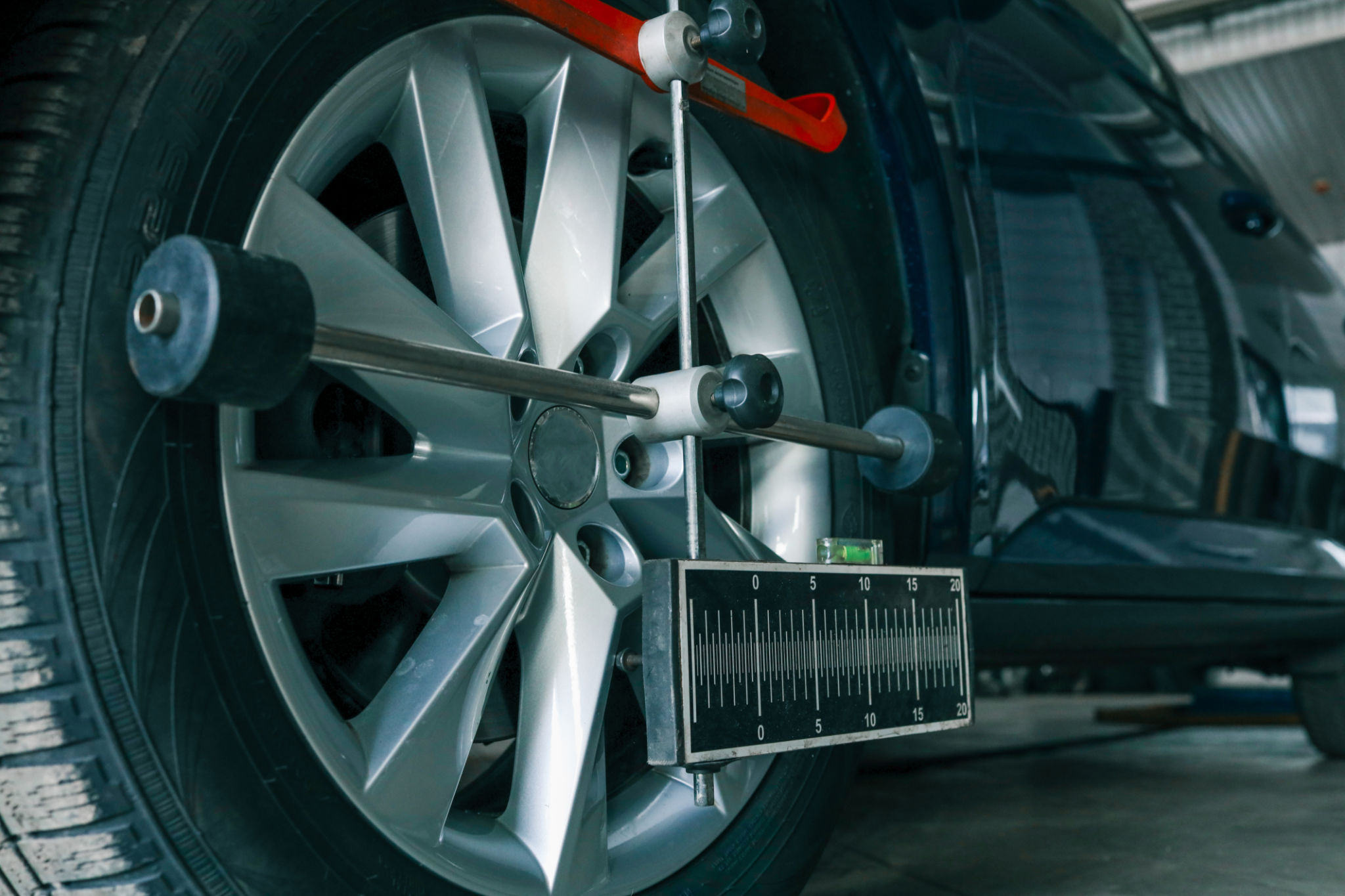Top 5 Myths About Tire Importation in Africa Debunked
Introduction
In recent years, tire importation in Africa has been a topic of much discussion and speculation. With various myths circulating, it can be challenging to discern fact from fiction. In this post, we'll debunk the top five myths about tire importation in Africa, providing clarity and understanding for consumers and businesses alike.
Myth 1: Imported Tires Are Always Cheaper
One of the most common misconceptions is that imported tires are always cheaper than locally manufactured ones. While it's true that some imported brands can be cost-effective, this is not a universal truth. The price of imported tires depends on several factors, including shipping costs, tariffs, and demand in the local market. As a result, imported tires can sometimes be more expensive than local options.

Understanding the Cost Factors
The cost of importing tires encompasses more than just the purchase price. Import duties, taxes, and logistical expenses all contribute to the final price tag. Additionally, currency fluctuations can also impact the cost, making it essential for businesses to consider these variables when comparing prices.
Myth 2: Imported Tires Are Inferior in Quality
Another widespread myth is that imported tires are of inferior quality compared to locally produced ones. This is not necessarily true, as many imported brands comply with international standards and offer high-quality products. It's crucial to research and select reputable brands that meet the required safety and performance standards.

Ensuring Quality Assurance
To ensure quality, it's important for consumers to look for certifications such as ISO or DOT markings on imported tires. These certifications indicate that the tires have undergone rigorous testing and meet specific quality criteria. By choosing certified products, consumers can trust that they are purchasing reliable and durable tires.
Myth 3: Importing Tires Is a Simple Process
Many people believe that importing tires is a straightforward process. However, it involves navigating complex regulations and paperwork. Importers must be familiar with customs procedures, licensing requirements, and compliance with local laws to avoid potential complications.

Navigating the Regulatory Landscape
Importers must stay informed about changing regulations and duties that can affect their business operations. Working with experienced logistics partners can help streamline the process and ensure compliance with all legal requirements, making the importation process more efficient.
Myth 4: All Imported Tires Are Counterfeit
The fear of counterfeit products is a significant concern for consumers purchasing imported goods. While counterfeit tires do exist, not all imported tires are fake. Many legitimate manufacturers and distributors provide authentic products that meet international standards.
Identifying Genuine Products
To avoid counterfeit tires, consumers should purchase from authorized dealers and verify the authenticity through the manufacturer’s official channels. Checking for proper labeling, serial numbers, and certifications can also help confirm the legitimacy of imported tires.
Myth 5: Local Manufacturers Cannot Compete with Imports
It's a common belief that local tire manufacturers cannot compete with imported products. However, many African manufacturers have improved their production processes and technology to offer competitive options. They often provide tires specifically designed for local conditions, which can be advantageous.

Supporting Local Production
By supporting local manufacturers, consumers can contribute to economic growth and job creation within their countries. Additionally, locally produced tires may offer better after-sales service and support compared to some imported options.
Conclusion
Understanding the realities of tire importation in Africa is crucial for making informed decisions. By debunking these myths, we hope to provide a clearer picture of the tire market dynamics on the continent. Whether opting for imported or locally manufactured tires, consumers should prioritize quality, authenticity, and compliance with industry standards.
